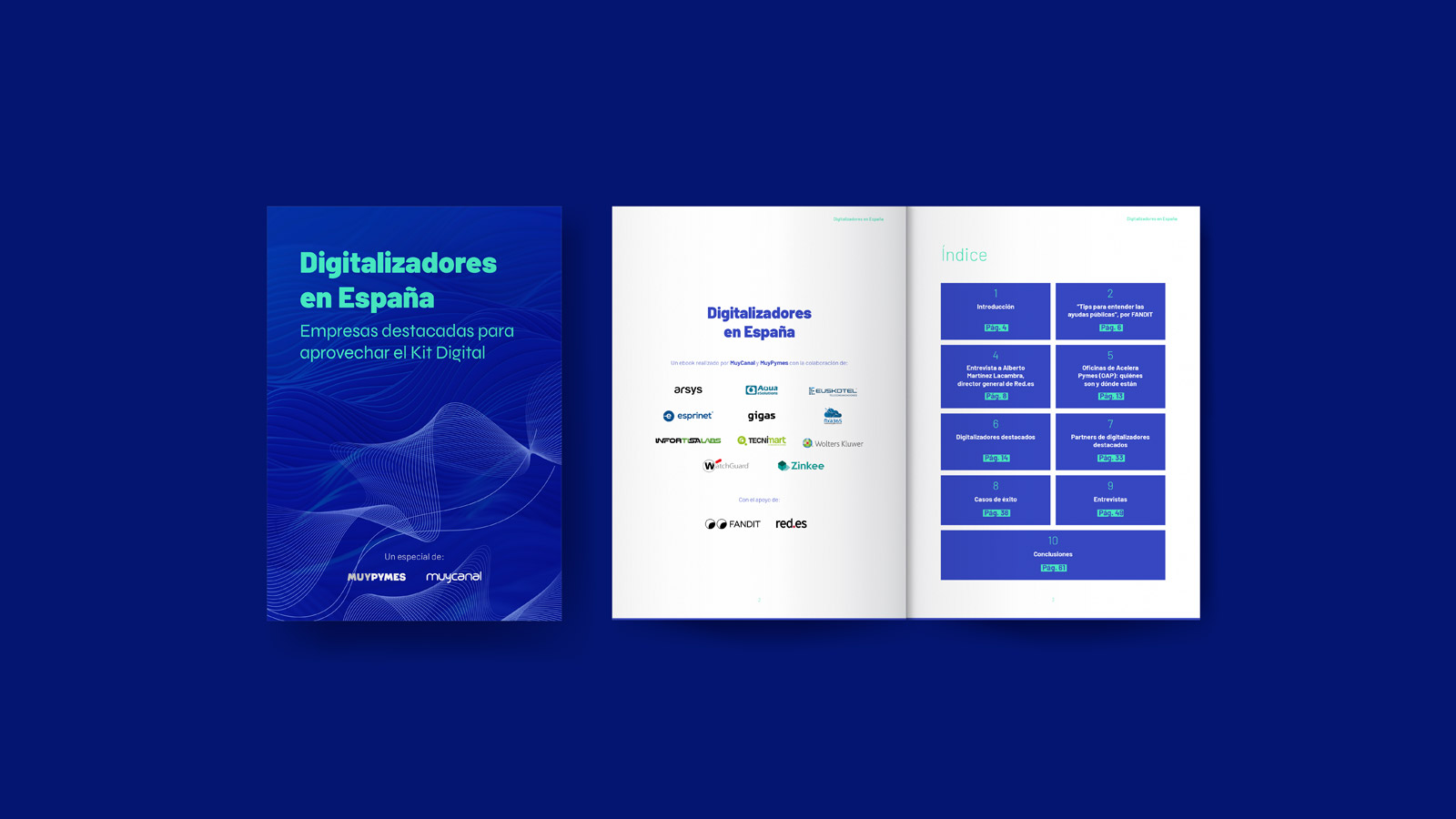
Although the Create and Grow Law has been the protagonist today, for many weeks, where its benefits have been recounted, now some discordant voices with the regulations are emerging. This is the case of CONETIC (Spanish Confederation of ICT Companies), which indicates that the obligation to use the electronic invoice in relations between companies and the self-employed, through private operators of electronic messaging services, would mean an unaffordable extra cost for SMEs and the self-employed.
CONETIC points to the First Vice President and Minister of Economic Affairs and Digital Transformation, Nadia Calvino, as author of this indication.
The entity indicates that, apparently, The deployment of any public and free platform is not being contemplated so that companies and freelancers can use other communication methods in their electronic invoicing, using connections from their corporate systems, as they already do with FACE or FACEB2B, that allows them to comply with the new standard without additional costs directly and without messaging intermediaries.
CONETIC has asked the Consultative Council for Digital Transformation of the Ministry of Economic Affairs and Digital Transformation to the Regulation explicitly establishes that companies and the self-employed can use a public and free platform for the delivery and receipt of electronic invoices and that it is not mandatory to contract an intermediation service with private courier companies.
For Vincent Alciturri, vice president of CONETIC, “a regulation must be created as in Italy where the exchange of electronic invoices is done on a public platform, free of charge and with a single delivery method, regardless of the type of recipient customer, whether it is a public body, a private company or a person physical. In addition, it eliminates the need to communicate tax reports, suppressing communications such as the SII.
Between 10 cents and 1 euro per invoice issued for companies
According to data from private electronic invoicing operators, the average cost of issuing electronic invoices for companies It is about 300 euros per year, plus additional services. This cost is significantly lower than issuing paper invoices, but more expensive than using a free public platform.
Taking into account the number of companies and self-employed workers in Spain, more than 3.4 million of the former and 3.3 million of the latter, this small cost per invoice represents an intermediation cost of about 1,000 million per year. As an example, an SME that issues 500 invoices would cost around 25 euros per month.
In 2021 in Spain 296 million electronic invoices were exchanged in the B2B field and 14 million invoices in the B2G field. The electronic invoices presented through FACe to the different Public Administrations (AAPP) since 2014, for the moment only those with an amount greater than 5,000 euros are mandatory, as of January 31 of this year, were 92,131,806. The largest emitters in 2021 were small businesses.
An opportunity to be seized
According to Tomás Castro, President of CONETIC,” The implementation in Spain of electronic invoicing for all types of recipients is a unique opportunity for the transformation and simplification of business and administration processes, but it requires leadership that provides a global vision of the State with integrated solutions and that avoids isolated initiatives of scope partial. Having an integrated and free electronic invoicing solution in Spain would allow companies to improve their management, simplify their processes and save more than 4,000 million euros per year, by incorporating the invoices received into their computer systems automatically and without errors and eliminating the presentation of tax records, such as the SII, to the Tax Agency”.
If the obligation for companies and the self-employed to contract with private courier companies is approved, the delivery of their invoices would be forcing you to incur unnecessary costs and also to carry out inefficient management processes by having to use two differentiated invoice delivery modalities depending on the client to whom the invoice is sent, FACE if it is public or another platform if it is private. Nor would the administrative simplification proposed from Europe be taken into account so that tax reports such as the SII are suppressed and that the Tax Agency obtains this data from the content of electronic invoices already delivered to a public platform.
data security
For CONETIC, the cost of issuing invoices should be added the loss of sovereignty of the company over the information contained in each electronic invoice, to which these companies could have access. “Our business and tax data – points out Ray Fernández, a member of CONETIC – would be in the hands of third parties and the law does not provide for their protection. It would be a catastrophe if this data was usurped through cyberattacks and companies suffered a problem that destroyed their business. We ask ourselves, what guarantees of protection does the government offer to companies that carry out electronic invoicing and by legal obligation have to send it through private companies and what would be the compensation and penalties in case of improper exploitation or attacks on information?
Finally, he also points out the need to open this debate and that society can know in advance the obligations to which companies and the self-employed will be subjected. In this objective, through the forums in which it participates, such as the Consultative Council for Digital Transformation, it has asked the Ministry of Economic Affairs and Digital Transformation to pause in the preparation of the Regulation and to review and compare its model. technical solution with other successful projects already contrasted and consolidated.



